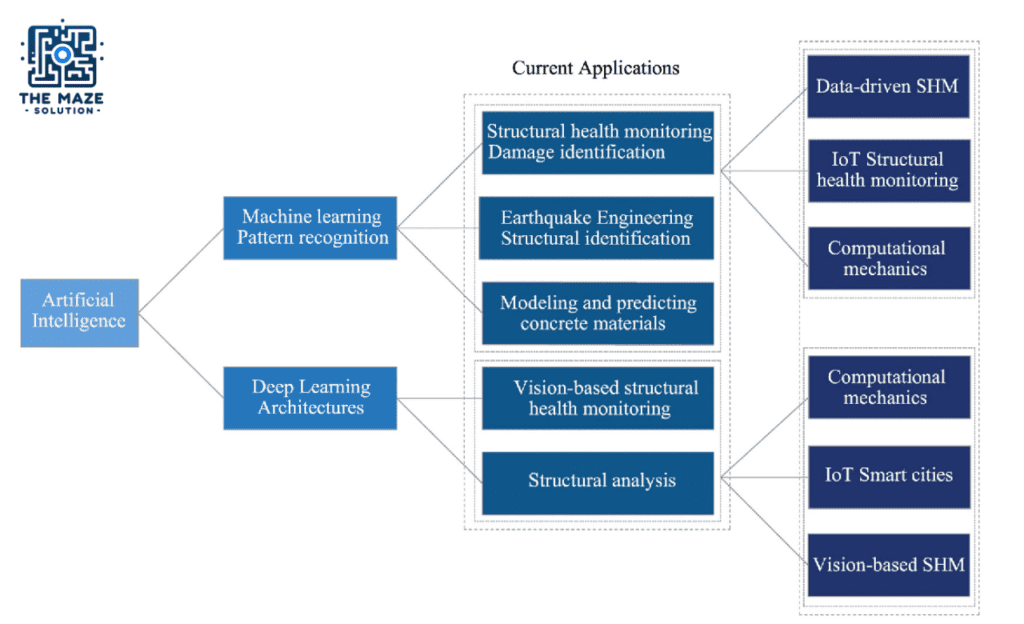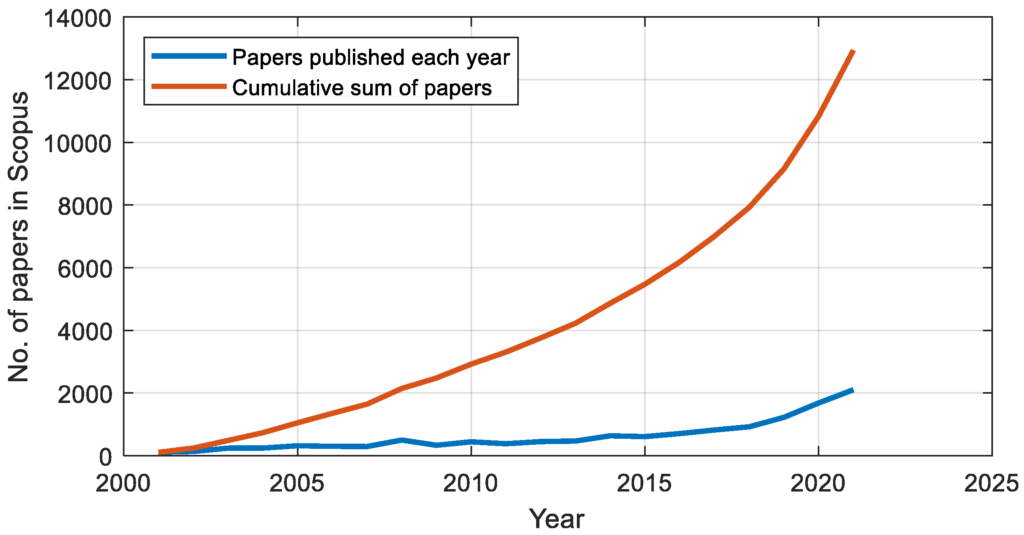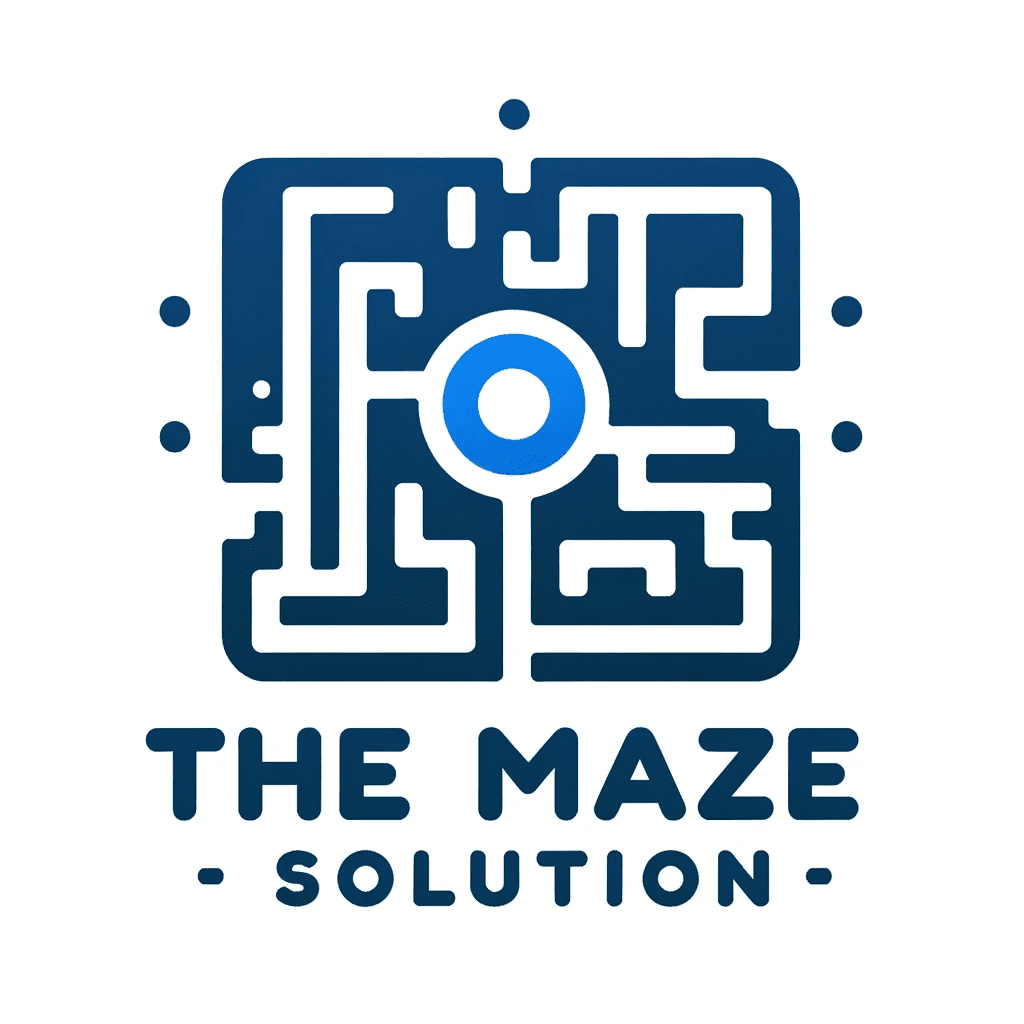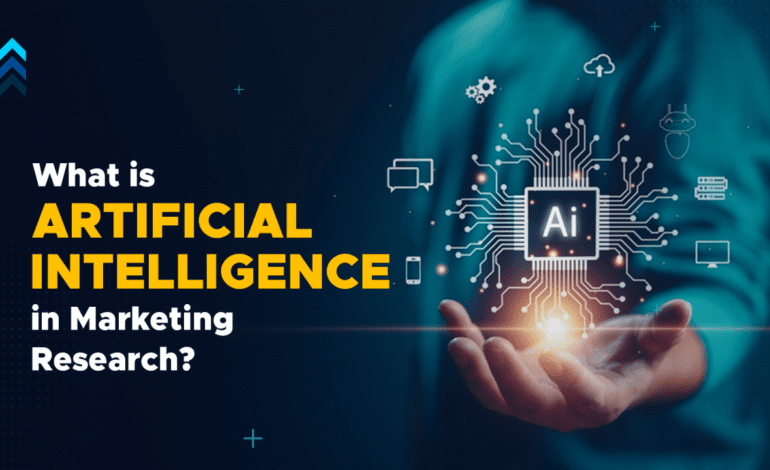Revolutionizing Artificial Intelligence and Civil Engineering : Innovations and Applications

Civil engineering has long been the backbone of societal development, responsible for designing, constructing, and maintaining the infrastructure that supports modern life. Traditionally, this field has relied heavily on manual calculations, human expertise, and labor-intensive processes. However, the advent of artificial intelligence (AI) is revolutionizing civil engineering, bringing a new era of efficiency, precision, and innovation.
Artificial intelligence, a branch of computer science focused on creating systems capable of performing tasks that typically require human intelligence, is making significant inroads into various industries, including civil engineering. This blog explores how AI is transforming civil engineering, highlighting key innovations and applications that are shaping the future of the field.
The Intersection of Artificial Intelligence and Civil Engineering
AI and civil engineering may seem like distinct disciplines, but their convergence is creating remarkable synergies. AI technologies, including machine learning, neural networks, and data analytics, are being integrated into civil engineering processes to enhance accuracy, optimize resource use, and predict outcomes with unprecedented precision.
Key areas where AI is making a significant impact include structural analysis, construction management, infrastructure maintenance, and geotechnical engineering. By leveraging AI, civil engineers can analyze vast amounts of data, automate complex calculations, and make informed decisions that improve project outcomes and sustainability.
Innovations in Civil Engineering with AI
AI in Structural Analysis and Design
One of the most critical aspects of civil engineering is structural analysis and design. AI algorithms can process and analyze complex data sets to predict how structures will behave under various conditions, such as load, stress, and environmental factors. This enables engineers to create more robust and resilient designs, minimizing the risk of structural failures and enhancing safety.
For example, AI-powered software can perform real-time simulations to test different design scenarios, identify potential weaknesses, and suggest optimal design modifications. This not only speeds up the design process but also ensures that structures are built to withstand the challenges they may face throughout their lifespan.
AI in Construction Management and Planning
Construction projects are notorious for their complexity and the myriad of factors that can affect their success. AI is transforming construction management by providing tools that can predict project timelines, allocate resources efficiently, and identify potential risks before they become critical issues.
Machine learning algorithms can analyze historical project data to predict the duration and cost of new projects with high accuracy. Additionally, AI-powered scheduling tools can optimize the allocation of labor, equipment, and materials, ensuring that projects stay on track and within budget. This leads to significant cost savings and improved project delivery times.
AI in Infrastructure Maintenance and Monitoring
Maintaining infrastructure is a challenging and resource-intensive task. AI is revolutionizing infrastructure maintenance by enabling predictive maintenance and real-time monitoring. AI systems can analyze data from sensors embedded in structures to detect anomalies, predict failures, and recommend maintenance actions before issues become severe.
For instance, AI can monitor the health of bridges, roads, and buildings, detecting early signs of wear and tear or structural damage. This proactive approach to maintenance extends the lifespan of infrastructure, reduces repair costs, and enhances public safety.
AI in Geotechnical Engineering
Geotechnical engineering involves studying soil and rock behavior to ensure the stability of structures built on or within the ground. AI is enhancing this field by providing advanced tools for soil analysis, site investigation, and risk assessment.
AI algorithms can analyze geological data to predict soil behavior under various conditions, such as seismic activity or heavy rainfall. This information helps engineers design foundations and retaining structures that can withstand environmental challenges, reducing the risk of ground failure and improving the safety and stability of construction projects.
Applications of AI in Civil Engineering
Case Studies and Real-World Examples
The application of AI in civil engineering is not just theoretical; numerous real-world examples demonstrate its effectiveness. For example, AI-driven systems have been used to design and construct smart cities, where infrastructure is interconnected and responsive to real-time data.
In Singapore, AI is used to manage urban traffic, optimize public transportation routes, and monitor environmental conditions. These AI-driven initiatives have led to reduced traffic congestion, improved air quality, and enhanced overall quality of life for residents.
AI-Driven Smart Cities
Smart cities represent the pinnacle of AI integration in civil engineering. These cities use AI to manage infrastructure, energy, transportation, and public services efficiently. AI systems collect and analyze data from various sources, enabling city planners to make informed decisions that enhance sustainability, reduce costs, and improve the quality of urban life.
For example, AI can optimize traffic flow by analyzing real-time data from traffic cameras and sensors, adjusting traffic signals, and providing alternate routes to drivers. This reduces congestion, lowers emissions, and saves time for commuters.

AI in Sustainable and Eco-Friendly Construction
Sustainability is a key concern in modern civil engineering. AI is playing a crucial role in promoting sustainable construction practices by optimizing resource use, reducing waste, and minimizing environmental impact.
AI algorithms can analyze construction processes to identify areas where resources are being wasted and suggest more efficient alternatives. For example, AI can optimize the use of materials, reducing the amount of waste generated during construction. Additionally, AI can design energy-efficient buildings by analyzing factors such as insulation, lighting, and HVAC systems, leading to significant energy savings.
Predictive Maintenance and Failure Detection
Predictive maintenance is one of the most valuable applications of AI in civil engineering. By analyzing data from sensors and other sources, AI systems can predict when infrastructure components are likely to fail and recommend maintenance actions to prevent breakdowns.
For example, AI can monitor the condition of pipelines, detecting signs of corrosion or leaks before they become severe. This allows for timely maintenance, preventing costly repairs and environmental damage. Similarly, AI can monitor the health of bridges, identifying structural weaknesses that need to be addressed to ensure safety.
Challenges and Considerations
While the integration of AI in civil engineering offers numerous benefits, it also presents several challenges and considerations. Ethical and practical issues must be addressed to ensure the responsible use of AI technologies.
Ethical and Practical Challenges
The use of AI in civil engineering raises ethical questions related to data privacy, security, and transparency. AI systems rely on vast amounts of data, much of which may be sensitive or confidential. Ensuring that this data is used responsibly and securely is paramount.
Additionally, there are practical challenges related to the implementation of AI technologies. Integrating AI into existing civil engineering processes requires significant investment in infrastructure, training, and development. Engineers must be equipped with the skills needed to work with AI tools and understand their implications.
Data Security and Privacy Concerns
Data security and privacy are critical considerations when implementing AI in civil engineering. AI systems must be designed to protect sensitive data from unauthorized access and ensure that data is used in compliance with relevant regulations and standards.
For example, AI systems that monitor infrastructure must ensure that data collected from sensors is securely transmitted and stored. Additionally, AI algorithms must be transparent and explainable, allowing engineers to understand how decisions are made and ensuring accountability.
Skills and Training for Civil Engineers
The integration of AI in civil engineering requires a new set of skills and knowledge. Engineers must be trained to understand and use AI tools effectively. This includes knowledge of machine learning algorithms, data analytics, and programming languages.
Civil engineering education must evolve to include AI and data science as core components of the curriculum. Additionally, ongoing professional development is essential to keep engineers up-to-date with the latest AI technologies and their applications.
Future Trends and Prospects
The future of civil engineering with AI is promising, with numerous emerging trends and prospects on the horizon. As AI technologies continue to advance, their impact on civil engineering will only grow.
Emerging Trends in AI and Civil Engineering
Several emerging trends are shaping the future of civil engineering with AI. These include the use of AI for real-time monitoring and control of infrastructure, the development of autonomous construction equipment, and the integration of AI with other technologies such as the Internet of Things (IoT) and blockchain.
For example, AI-powered drones and robots are being used for site inspections and construction tasks, reducing the need for human labor and improving safety. Additionally, AI and IoT are being combined to create smart infrastructure that can monitor and respond to changing conditions in real-time.

The Future Landscape of Civil Engineering with AI
The future landscape of civil engineering will be characterized by increased automation, efficiency, and sustainability. AI will play a central role in designing and constructing infrastructure that is more resilient, adaptive, and environmentally friendly.
AI-driven systems will enable civil engineers to manage projects with greater precision, reducing costs and improving outcomes. Additionally, AI will facilitate the development of smart cities and infrastructure that can adapt to the needs
Conclusion
The integration of artificial intelligence in civil engineering is undeniably transforming the field, ushering in a new era of innovation and efficiency. Through AI’s powerful capabilities in data analysis, predictive modeling, and automation, civil engineers can design and construct infrastructure that is more resilient, sustainable, and cost-effective. From structural analysis and construction management to infrastructure maintenance and geotechnical engineering, AI is enhancing every aspect of civil engineering.
As we move forward, it is crucial for the civil engineering community to embrace AI technologies, invest in the necessary skills and training, and address the ethical and practical challenges that come with AI integration. The potential benefits of AI in civil engineering are immense, offering solutions to some of the most pressing issues in the field, such as infrastructure aging, resource optimization, and environmental sustainability.
The future of civil engineering with Artificial Intelligence promises a landscape where smart, adaptive, and efficient systems are the norm, leading to safer, more reliable, and more sustainable infrastructure. By leveraging the power of AI, civil engineers can continue to innovate and improve the built environment, ultimately enhancing the quality of life for people around the world.
Read our other Interesting Blogs:
“How to Turn Off Meta AI on Facebook?”This blog is really amazing if you want to get more knowledge about Artificial Intelligence: Click Here : How to Turn Off Meta AI on Facebook?
“10 Ways AI is Revolutionizing Daily Life” This blog is really amazing if you want to get more knowledge about Artificial Intelligence: Click Here : 10 Ways Artificial Intelligence is Revolutionizing Daily Life
“How AI Will Transform Everyday Tech? ” This blog gives you the knowledge that how Artificial Intelligence transforming us ,Click here to read : How Artificial Intelligence Will Transform Everyday Tech?
“The Future of Quantum Artificial Intelligence: Elon Musk’s Game-Changing Ideas ” This blog gives you the knowledge that how Artificial Intelligence transforming us ,Click here to read : The Future of Quantum Artificial Intelligence: Elon Musk’s Game-Changing Ideas





